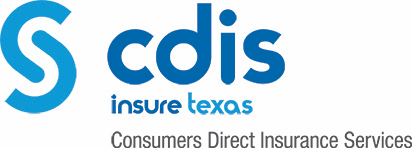If you’re looking into your options with Medicare Advantage, also called Medicare Part C, you may have questions about how it works and if all plans are the same. First, you still have Medicare if you join a Medicare Advantage plan. Part C is just another way to receive your Part A and Part B benefits. However, each Medicare Advantage plan is different with different rules about not only which doctors and hospitals you can use, but also, how much you will have to pay for your health care.
Different Types of Medicare Advantage Plans
The most common types of Medicare Advantage plans are:
Health Maintenance Organizations (HMOs)
Preferred Provider Organizations (PPO)
Private Fee-For-Service (PFFS)
There are also Part C plans called Special Needs Plans (SNP), Provider Sponsored Organizations (PSO), and Medicare Medical Savings Accounts (MSAs).
Regardless of the type of plan, all Medicare Advantage plans cover all Medicare services. In fact, they’re required to offer at least the same benefits as Original Medicare—but most offer even more. Many Part C plans include benefits for dental, vision, and prescription drugs—benefits not offered through Original Medicare.
Some of the Ways Part C Plans Differ – Cost, Rules and Restrictions
Even Part C plans of the same type (an HMO for instance) can be very different, particularly regarding cost, rules, and restrictions.
Cost
- Every Medicare Advantage plan is required to cover all the services provided by Original Medicare, but they do not have to charge the same. While they cannot charge higher copayments than Original Medicare, they can require you to pay more for certain services, like inpatient hospital care for instance.
- All Part C plans have an annual limit on how much you will pay out-of-pocket for deductibles and copays.
Plan Rules
Each Medicare Advantage plan has its own set of rules that enrollees must follow. For instance, some plans require you to get permission, or prior authorization from the plan before receiving certain care.
- With some plans, your doctor may need to get permission from the plan before giving you specific services or drugs.
Plan Restrictions
- Some Medicare Advantage plans have restrictions on how you can receive care. For instance, you may be required to visit doctors and hospitals in the plan’s network.
- Many plans also require that you get a referral from your primary care doctor before seeing a specialist.
Medicare Advantage is the right choice for many seniors. If you are healthy and don’t anticipate needing medical care, Part C may be more cost-effective than Original Medicare. However, it’s important to understand how each plan’s rules and restrictions differ, and how those differences may impact your ability to get the care you need and deserve.
References:
MUC60-2017-BCBS


